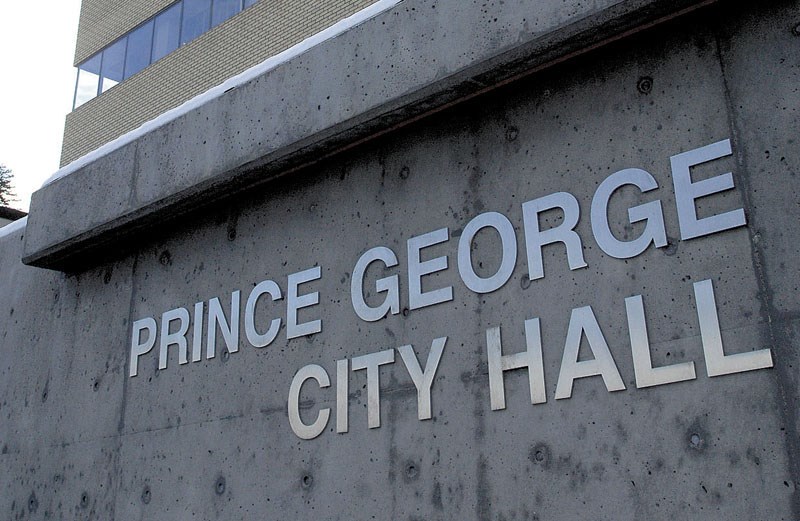City council's regularly-scheduled meeting on Monday is more notable for what is not on the agenda than what is on it.
A suite of measures intended to the respond to the financial impact of the COVID-19 pandemic was initially slated to go before city council on Monday. However, on April 20 the city's finance and audit committee asked city staff to prepare two additional options to reduce the city's annual property tax increase below two per cent and one per cent.
That work wasn't expected to be complete by the deadline for inclusion in Monday's council agenda.
Under provincial legislation, the city must approve an annual budget and property tax rate bylaw by May 15. City staff would typically require some time to prepare a property tax bylaw based on the budget measures adopted by city council.
The next regular meeting of city council is May 11, but on April 20 Mayor Lyn Hall said he would use his authority to call a special meeting of council to consider the proposed measures to allow the city to meet the mandated deadline.
No special meetings were scheduled as of Friday.
• On the agenda for Monday, city council will consider a change to the bylaw governing secondary suites. Currently the city restricts secondary suites to 40 per cent of the total floor area of the home, to a maximum of 90 square metres (968.75 square feet).
The proposed change would eliminate the 90 sq. metre maximum, but retain the 40 per cent limit on the total floor space. The change would only make a difference for homes approximately 2,450 sq. feet (227.6 sq. metres) and larger, which would be allowed to have secondary suites larger than 90 sq. metres.
The bylaw restricts secondary suites to single-detached houses on lots 12 metres wide or wider. The city prohibits more than one secondary suite in a single home, and prohibits homes with secondary suites from being used as bed and breakfasts, agri-tourist accommodations, community care facilities, secondary dwellings, and boarding or lodging houses.
No change is proposed to those restrictions.
• City council will consider changes to how alternative directors are appointed to the board of the Regional District of Fraser-Fort George. Currently four city councillors sit on the board as directors. One city councillor is appointed the primary floating alternate, who represents the city on the district board in the absence of one of the councillors. In addition, there are four secondary alternates who are each designated to replace a specific councillor on the board should the primary alternate not be able to.
The proposed change would see the secondary alternates able to replace any of the councillors on the board, rather than being restricted to replacing a single, specific councillor.
In a report to city council city general manage of administrative services Walter Babicz wrote that that goal is to increase flexibility and ensure full city representation on the regional district board.



